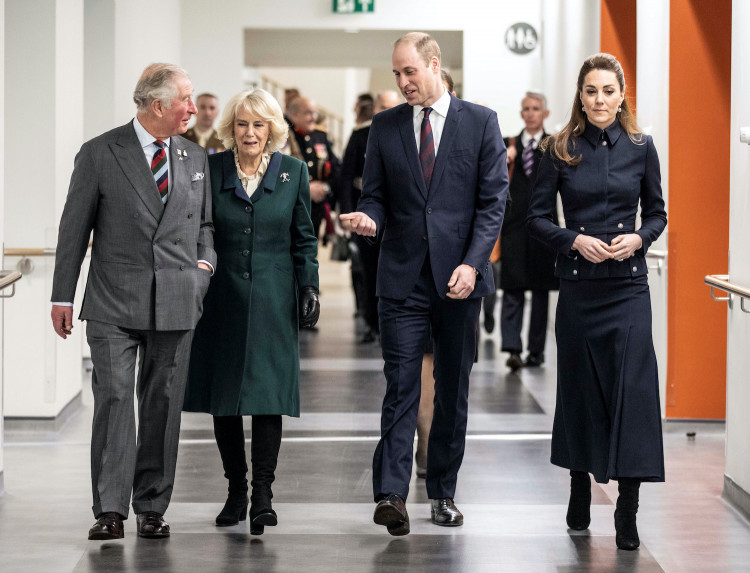King Charles III recently made an unexpected move that effectively shifted public attention away from Princess Kate's health woes, demonstrating his protective instincts towards his daughter-in-law. Dr. Tessa Dunlop, a noted royal expert and historian, described the King's decision to publicly disclose his own health issues as a clever maneuver aimed at drawing media focus away from the Princess of Wales, who is currently recuperating from a successful abdominal surgery.
"It is highly unusual for the Royal Family to divulge private health matters," Dr. Dunlop told The Mirror. "In that respect, the shared information about the King's enlarged prostate was unprecedented, and it was also canny."
The King's revelation about his treatment for an enlarged prostate, a common condition among men of his age, was a strategic attempt to deflect attention from Princess Kate, whose surgery details remained undisclosed, as confirmed by Kensington Palace to be non-cancer related.
This approach by King Charles, 75, was seen as a protective measure for Princess Kate, emphasizing his role as a caring family patriarch. "The timing deflected from his daughter-in-law's major operation, likewise, the private detail concerning his prostate gave the public something else to think about," Dr. Dunlop explained.
The timing of the King's statement - released within hours of the announcement of Kate's surgery - was notably strategic, presenting a coordinated public relations effort from Buckingham Palace.
"By sharing a slice of the personal, Charles's statement served to underline the absence of any real detail concerning Kate's condition," Dr. Dunlop added, suggesting that the King was effectively saying, "Here, have some information on me, but keep your prying eyes away from my daughter-in-law."
Both the King and Princess Kate are expected to take a break from public engagements as they recuperate. Princess Kate's absence from royal duties is anticipated to extend until after Easter, while the King's period of recuperation remains unspecified. Dr. Dunlop remarked on the King's willingness to share details about a common ailment, contrasting it with the Princess of Wales' situation: "For Kate, a woman in the prime of her life, whose identity has long been staked around her can-do attitude and impressive physique, abdominal surgery is a different matter."
The King's move highlights not only his concern for the well-being of his family but also his understanding of the media's role in shaping public perception. This strategic approach showcases a modern, public-service-oriented Royal Family, one that maintains clear boundaries even as it navigates the complexities of public life.





